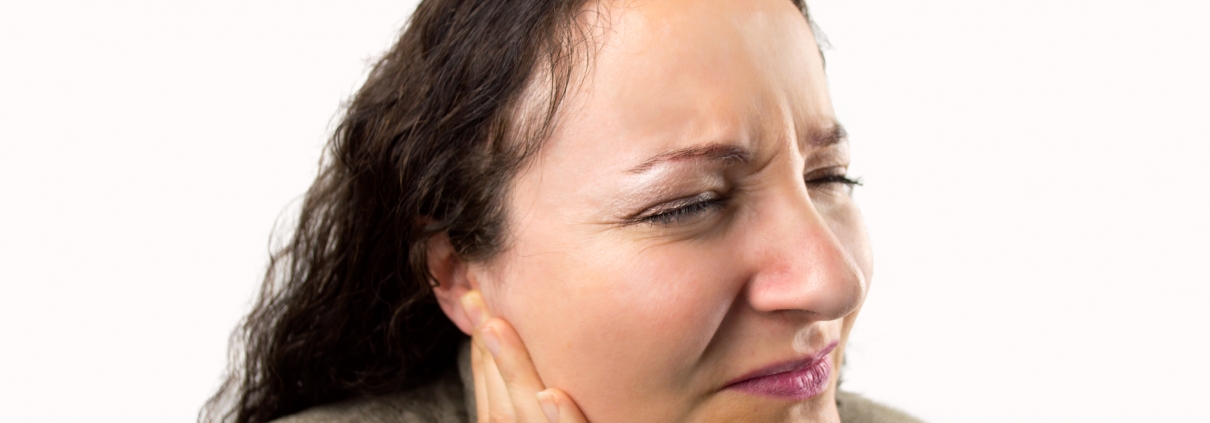the Connection Between Teeth and Ear Pain
Toothaches and earaches are common health concerns that many people experience at some point in their lives. While these issues may seem unrelated, there is a surprising connection between the two. This article will explore the causes and potential remedies for experiencing both tooth and ear pain simultaneously, shedding light on the intricate relationship between these two areas of the body.
The Temporomandibular Joint (TMJ)
The connection between teeth and ear pain often lies in the temporomandibular joint (TMJ). The TMJ is a hinge-like joint that connects your jawbone to your skull, allowing you to chew, speak, and open and close your mouth. Problems with the TMJ can manifest as both dental and ear discomfort due to its proximity to both areas.
Common Causes of Tooth and Ear Pain Together
Bruxism (Teeth Grinding):
Grinding your teeth, often a result of stress or misaligned teeth, can lead to both toothaches and earaches. The pressure exerted during grinding can affect the TMJ, causing pain in both the jaw and ears.
TMJ Disorders:
TMJ disorders, including temporomandibular joint dysfunction (TMD), can cause pain in the jaw joint, radiating to the teeth, and sometimes the ears. Symptoms may include jaw clicking, difficulty opening or closing the mouth, and ear discomfort.
Dental Infections:
Dental issues like abscesses or cavities can cause tooth pain, and this discomfort may radiate to the ear, particularly if the infection is severe or near the jaw joint.
Sinus Infections:
Sinusitis, an infection of the sinuses, can cause referred pain that affects both the upper teeth and the ears. This can lead to a misperception of the source of the pain.
Eustachian Tube Dysfunction:
The Eustachian tubes connect the middle ear to the back of the throat, helping to equalize air pressure in the ears. Dysfunction of these tubes can lead to ear pain and may also affect the nearby TMJ.
Remedies and Treatments
Consult a Dentist:
If you are experiencing tooth pain, it’s essential to visit a dentist to assess and address any dental issues. Dental problems can be a primary cause of pain, and treatment may include fillings, root canals, or extractions.
TMJ Treatment:
TMJ disorders may require specialized treatment, such as physical therapy, jaw exercises, or the use of a splint or mouthguard to alleviate pressure on the joint.
Stress Management:
For bruxism-related pain, managing stress through relaxation techniques, exercise, or therapy can help reduce teeth grinding. A dentist may also recommend a night guard to protect teeth from grinding during sleep.
Address Sinus Issues:
Treating sinusitis with decongestants, antibiotics (if the infection is bacterial), or saline nasal rinses can alleviate referred pain in the teeth and ears.
Eustachian Tube Relief:
If Eustachian tube dysfunction is causing ear pain, your doctor may recommend techniques like the Valsalva maneuver or medications to help equalize ear pressure.

